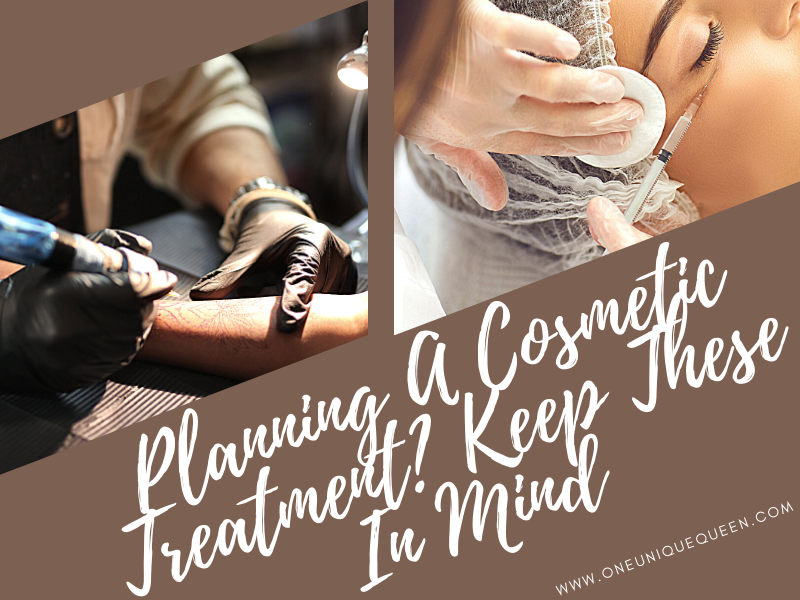


Dry skin can be sore and uncomfortable to live with, from inflamed, red patches to sore from itching dry skin and the potential for infections and open wounds to occur from severely cracked skin; making sure you treat any dry skin issues correctly and quickly can help you to free yourself from the pain of dry and cracked skin. In special situations, the solution is to find an accredited facility like VitalSkin Dermatology that treats various skin conditions. Indeed, sometimes, until a more detailed treatment is done, topical remedies may not give desired outcomes. Dry skin can be a prelude to many other skin problems, and the sooner you attend to it, the better. An experienced dermatologist can determine the underlying cause of severely chapped skin.

In some cases, medical conditions such as eczema and psoriasis can mean you need to apply topical medicinal treatments to help you to alleviate the symptoms of dry and cracked skin and treat the problem. However, if this isn’t the case, then buying over the counter remedies can help you tackle the issue and keep it at bay for the future.
These 3 tips can help you to alleviate dry skin nightmares and help keep dry skin under control.
1. Hydrate
Your skin can become dehydrated from not drinking enough water. This is when your cells are using more water than you are drinking and can have a massive effect on your skin and your whole body. A general rule is that if you feel thirsty, you are already dehydrated. Therefore, you should aim to drink around 2 liters of water per day at regular intervals, not just glugging glasses sporadically.
Dry skin may produce an itchy, dull, tired-looking appearance and more noticeable fine lines. In addition, dizziness, dry mouth, lightheadedness, and/or weakness are severely dehydrated skin symptoms. To discover if you have dry skin or dehydrated skin, press down on your cheek with your thumbnail. Dry skin is an indication that your skin needs hydration.
2. Hydrating Skin Care
Naturally, dry skin is different to dehydrated skin in that your skin won’t have the same appearance but be typically dry regardless of whether you stay hydrated and the products you use. Some people are just prone to have dry skin, and this is natural, much like in the same way people have sensitive skin or oily zones on their face.
If you notice your skin is becoming red and inflamed, you may need to use a sigmacort ointment to help you treat the issue and alleviate any discomfort from the itching and damaged skin.
When treating dry and cracked skin, it is vital to use a hypoallergenic product to help you avoid adding extra irritants to your skin and to allow the products to work with regular use. Dermatologists recommend using ointments and creams over lotions as these can target the dry patches quicker. Ointments and creams should contain one of the following;
- Jojoba oil
- Dimethicone
- Glycerin
- Hyaluronic acid
- Lactic acid
- Lanolin
- Mineral oil
- Petrolatum
- Shea butter
3. Tips to Help you Retain Your Skin’s Moisture
You can also use the following tips to help you alleviate dry skin and help your skin retain its moisture.
- Keep the bathroom door closed when bathing/showering.
- Use warm, not hot water
- Stick to 5-10 minutes showers or baths
- Use fragrance-free products.
- Use products sparingly
- Blot your skin dry instead of rubbing it with a towel.
- Moisturize immediately after drying your skin.
You can make small changes to your skincare routine to help you take care of your dry skin and work towards ensuring it is getting the hydration and protection it needs.
What other tips do you have for caring for dry skin? Let me know in the comments below!




![[Influenster Review] – Westman Atelier VoxBox](https://www.oneuniquequeen.com/wp-content/uploads/2022/05/Influenster-Review-Westman-Atelier-VoxBox-2022.png)






COMMENTS MAKE ME HAPPY!